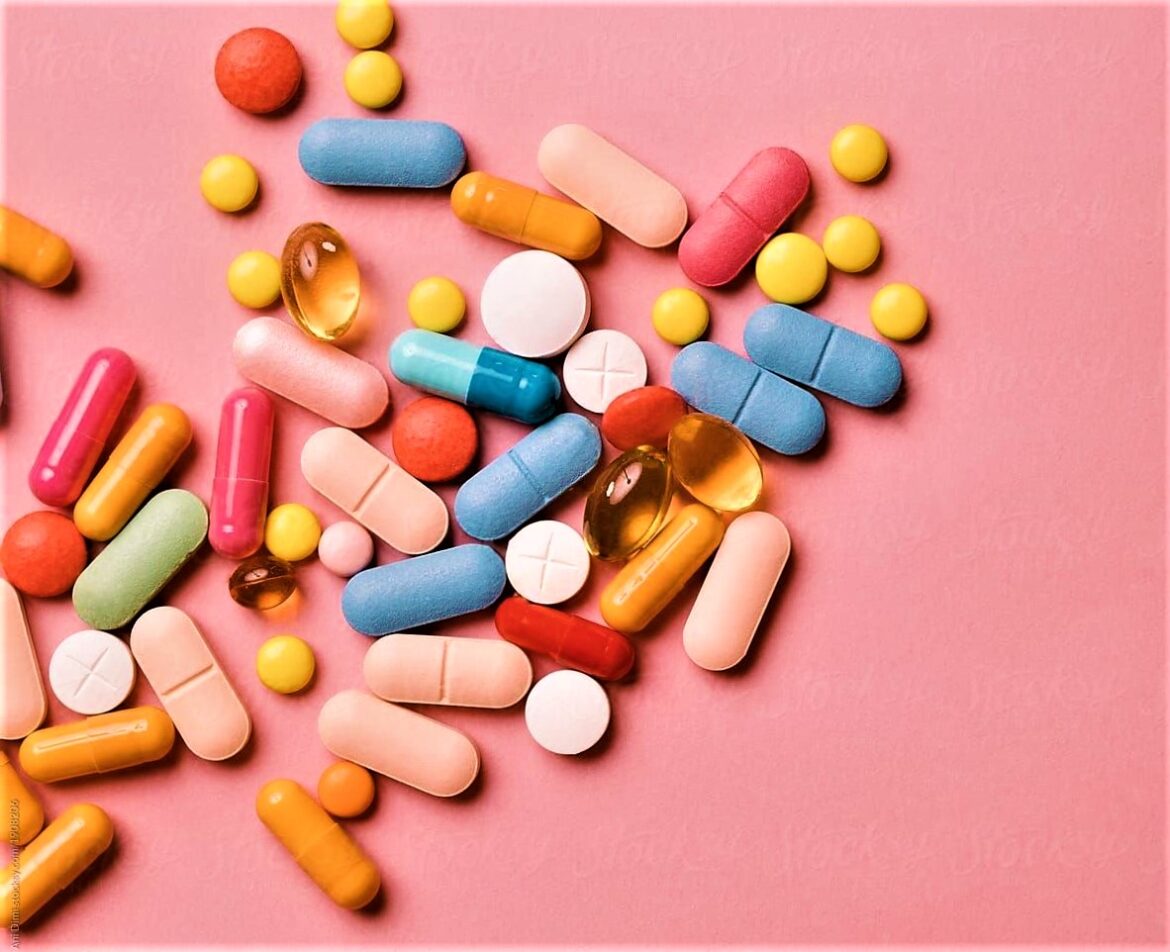Introduction
Attention-Deficit/Hyperactivity Disorder (ADHD) affects millions of individuals worldwide, and medication is one of the most common treatments prescribed to manage its symptoms. Despite its proven effectiveness, ADHD medication still has stigmas and misconceptions. In this article, we will delve into the facts surrounding ADHD medication, debunking myths and providing a clear understanding of its benefits and proper use.
Understanding ADHD and Its Impact
- ADHD: A Real and Valid Neurodevelopmental DisorderADHD is a clinically recognized neurodevelopmental disorder, supported by extensive research and acknowledged by medical professionals worldwide. It is characterize by specific symptoms, including inattention, hyperactivity, and impulsivity, that can significantly impact various aspects of life.
- The Importance of Treating ADHDLeft untreated, ADHD can lead to severe consequences, affecting academic or work performance, social relationships, and self-esteem. Proper treatment, including medication, can significantly improve the quality of life for individuals with ADHD.
The Role of Medication in ADHD Management
- Types of ADHD MedicationThere are several types of ADHD medications available, including stimulants (e.g., methylphenidate and amphetamines) and non-stimulants (e.g., atomoxetine and guanfacine). These medications work on the brain’s neurotransmitters to improve attention, focus, and impulse control.
- Effectiveness of ADHD MedicationNumerous studies have shown that ADHD medication is highly effective in reducing the core symptoms of the disorder. When used as part of a comprehensive treatment plan, medication can enhance the individual’s ability to function and succeed in various domains.
- Individualized Treatment ApproachADHD medication is not a one-size-fits-all solution. Each person’s response to medication may vary, and finding the right medication and dosage often requires careful monitoring and adjustments.
Dispelling Myths and Addressing Stigmas
- Myth: ADHD Medication Leads to AddictionFact: When taken as prescribed under medical supervision, ADHD medication is not addictive for individuals with ADHD. In fact, stimulant medications can be calming and focus-enhancing for those with the condition.
- Myth: ADHD Medication Turns Individuals into “Zombies”Fact: Properly dosed ADHD medication does not change an individual’s personality. Instead, it helps them regain focus, reduce impulsivity, and function at their best potential.
- Myth: ADHD Medication Stunts Growth in ChildrenFact: Long-term studies have shown that ADHD medication does not have a significant impact on the final adult height of children who take it. Any temporary growth delay is usually minor and catch-up growth occurs during adolescence.
- Myth: Medication Is a “Cure” for ADHDFact: ADHD medication does not cure the disorder, but it effectively manages its symptoms. It is often used in conjunction with behavioral therapy and other strategies to provide comprehensive treatment.
Considering Risks and Side Effects
- Possible Side EffectsLike any medication, ADHD medications may have side effects. Common side effects include appetite changes, trouble sleeping, and mild stomach upset. However, most side effects are temporary and often decrease over time.
- Managing Side EffectsIf side effects occur, it’s essential to communicate with the prescribing healthcare professional. They can make adjustments to the dosage or try alternative medications to minimize any discomfort.
Conclusion
ADHD medication is a valuable and effective tool for managing ADHD symptoms. It helps individuals regain focus, improve impulse control, and lead fulfilling lives. By separating fact from fiction and breaking down stigmas surrounding ADHD medication, we can create a more informed and supportive environment for those with ADHD and their families. Remember that each individual’s treatment plan should be personalize and guided by a knowledgeable healthcare professional. This will lead to improved outcomes and a brighter future for ADHD patients.




